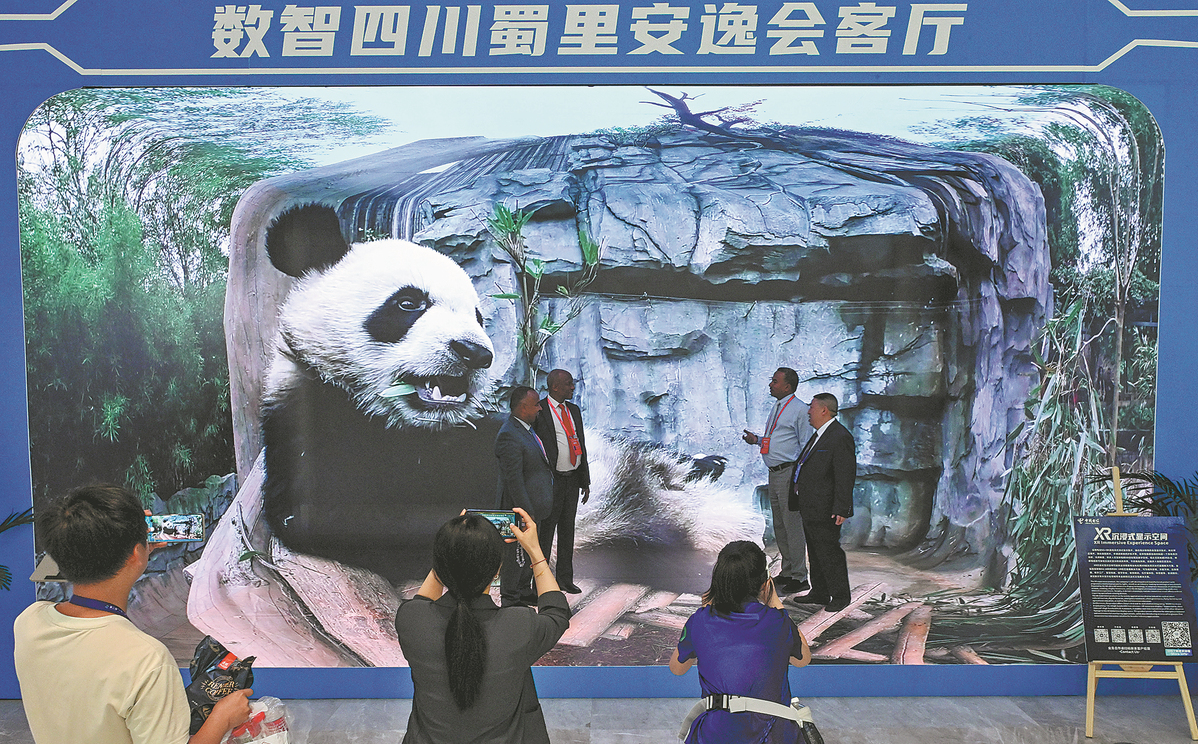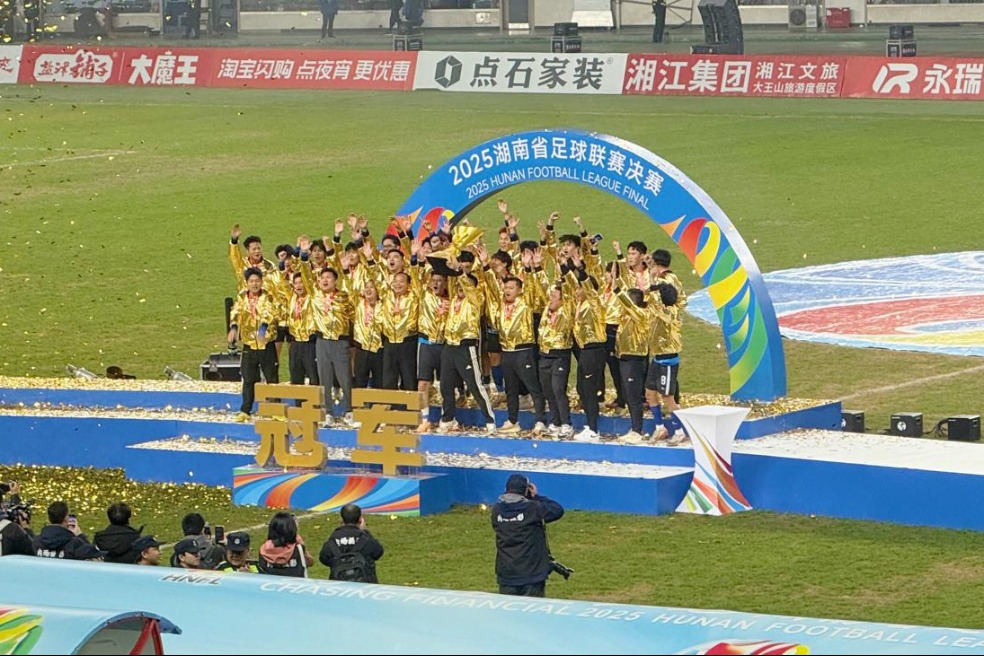BRI conference calls for intl tech partnerships
Senior officials warn of AI disparities, push for inclusive global collaboration


Senior officials on Wednesday called for greater international cooperation in science and technology as artificial intelligence plays an increasingly vital role in global development.
"As the current new round of technological revolution and industrial transformation deepens, technologies like big data, cloud computing and artificial intelligence are comprehensively empowering economic and social development," Vice-Premier Ding Xuexiang said at the opening ceremony of the second Belt and Road Conference on Science and Technology Exchange in Chengdu, Sichuan province.
However, Ding warned that technological, digital and intelligence disparities continue to widen, with "certain hegemonic, domineering and bullying behaviors" posing substantial obstacles to global progress.
He called for stronger unity and cooperation to implement international science and technology initiatives and build a Belt and Road scientific and technological innovation community that is "innovative-driven, open and comprehensive, fair and just, mutually prosperous, and inclusive and sustainable."
Iran's Vice-President of Science, Technology and Knowledge-Based Economy Hossein Afshin said the country's past scientific evolution — from advancing higher education to building research infrastructure and fostering the conversion of knowledge into economic assets — shows that development is neither isolated nor linear.
"The contemporary world operates as a complex global network, where the efficiency of each node is linked to the quality of its connections with others, with science and technology serving as the vital conduits for these interactions," he said.
Afshin proposed establishing a joint venture capital fund to support cross-border technology startups, focusing on AI, clean energy and sustainable ecological solutions. The aim would be to facilitate data exchanges in key areas and protect the growth of these industries.
United Nations Under-Secretary-General and Envoy on Technology Amandeep Gill underscored, in a video address, the importance of ensuring that AI breakthroughs contribute to "human dignity, sustainability and social inclusion."
A sideline event, the AI-empowered Sustainable Development Forum, unveiled 10 tailored AI application scenarios for Belt and Road countries. These scenarios, including energy, manufacturing, grid power and education, promise robust technical adaptability and high economic transformation rates, said Song Haitao, dean of the Shanghai Artificial Intelligence Research Institute at Shanghai Jiao Tong University.
The forum also released an AI reinforcement learning sustainable development plan, committing to providing free access to AI teaching resources worldwide to bridge the technological divide.
Chen Jiachang, deputy minister of science and technology, said that in the face of the opportunities and challenges of AI, China hopes to cooperate with other countries, strengthen collaboration and enable AI to better benefit people around the world.
- Liaoning fire: Report urges legal action against restaurant operator and seven others
- Historical Han Dynasty slips go on display in Hohhot
- Shanghai unveils steps to build sci-tech innovation corridor in Yangtze River Delta
- Xiangchao concludes with Yongzhou claiming championship
- Answers
- CPC leadership meeting urges steadfast implementation of eight-point decision on improving conduct





































